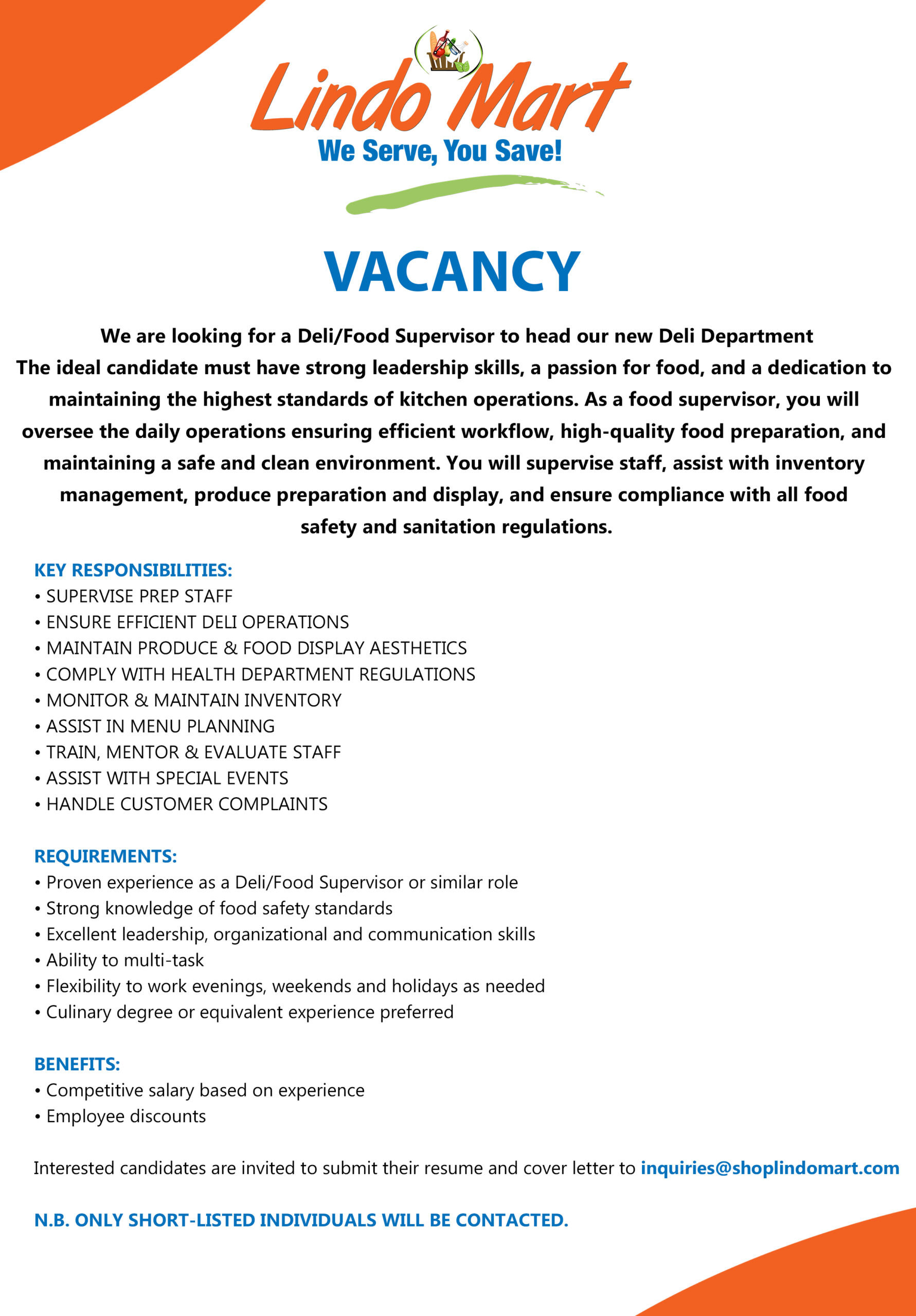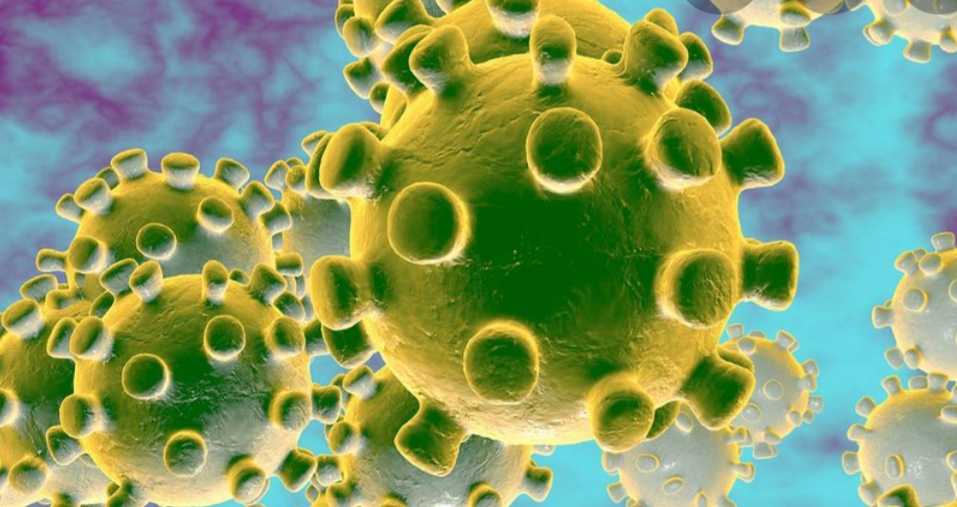
High consumption of consumer goods and services has contributed to increased pollution on our planet and threaten to eliminate hundreds of species on earth. The rapid growth in consumption of goods is an issue, given the impact their production has on the environment and the planet’s resources. For example, to produce one pair of jeans, approximately 15 gallons of water is required and 71 pounds of carbon dioxide is omitted, the equivalent of driving 78 miles. Indiscriminate consumption is not a recent phenomenon, it is arguably a byproduct of our rapidly globalizing world which has made goods and services cheaper and quicker to access. This is shown in our culture of fast fashion and fast food, with a disregard for the true environmental cost of these goods. The problem can also be linked to a culture of excessive consumerism that often starts at a young age.
It’s against this background WORLD CONSUMER RIGHTS DAY is being observed on the March 15 ,2020 with the aim of promoting SUSTAINABLE CONSUMPTION. The objectives are to increase resource efficiency and fair trade while helping to alleviate poverty and enable everyone to enjoy a good quality of life with access to food, water, energy, medicine and more. Dominica Consumer Protection Association has declared March as Consumer Month and will focus on the following activities to create awareness among consumers in ways they can maintain sustainable consumption. These include; Radio communication blitz, Stakeholder Symposium, Distribution of Compost Bins, Town Hall Meetings and erection of Billboards.
Why does it matter?
Overconsumption of consumer goods has far reaching consequences. If the current rate of consumption does not slow down and sustainable alternatives are not embraced, the finite amount of resources that are available will deplete. Ecological foot-printing assesses how much people consume and how many resources are needed to sustain that lifestyle. For example, if the world’s population would want to sustain the lifestyle of the U.S. population, that would require nearly four earths — clearly not possible. If millennials continue to be apathetic to this problem, the massive strain on core resources such as water, soil and raw materials will worsen and not stop until there are no more resources left for exploitation.
It is also imperative to remember that greater consumption also results in greater waste. The amount of food wasted in Europe could feed 200 million people. If this was reduced it would not only alleviate problems of hunger but would save resources that are needlessly being misused. Moreover, the content that ends up in landfills, whether it is food or clothing, continues to have an impact even when it has been disregarded, as methane and toxic gases are released and contribute to global warming. Our generation must recognize the consequences of our consumption and mobilize to change the outcome, otherwise depleted resources and a ravaged environment will be inevitable.
What can you do about it?
While this issue is not being completely ignored, there is still a lot more to be done. Government must make it easier for citizens to make more sustainable and ethical choices. In order to reduce consumption and the strain of valuable resources, schemes and policy to support recycling and subsidize environmentally friendly or carbon neutral, homegrown products have to be realized. We are encouraged by our Government’s vision of making Dominica the first Climate Resilient nation in the world and envisage the implementation of geo-thermal, wind, water and solar sources of energy to fuel this new approach, with reduced cost to consumers. There must be new policies and initiatives in promotion of Three R’s Strategy for Solid Waste Management , with emphasis on recycling and composting. Also due to small economies of scale, initiatives can be of sub regional or regional nature, for example OECS or Caricom if projects are to be viable.
Dominica’s private sector also has tremendous responsibilities in promoting sustainable consumption, consumers need to be provided with clear and reliable information about product sustainability information must not be misleading that consumer but must be empower and enable to make an informed choice. They must invest in new technology such as electric vehicles, new innovation to recycle clothing, plastics and bottles, development of sustainable packaging and moves towards buying products that last.
Locally consumers must be well informed on matters of competition and standards with regards to food and services so as to take sustainable actions which can impact their health and environment positively. They need to take actions which reduce the incidence of chronic diseases. These include purchasing organic vegetables and fruits; composting biodegradable waste, establishment of backyard farms, promotion of renewable sources of energy, effective management of solid and liquid waste and participation in recyclable methods of waste.
Housing infrastructure must meet national building codes, capable of withstanding earthquakes and hurricanes of category 5 magnitude. It must be noted, for consumers to benefit from all this social and political activities there must be modern consumer legislation for ensuring quality standards for goods and services offered for sale. We think it is time that the Dominica Consumer Bill be enacted, thereby providing a protective umbrella for consumers.
In closing Consumers must come together to deal with the issue of sustainability. As consumers we have enormous power, in the purchase choices we make and how we use and dispose of the waste left behind from making these purchases, but also in our ability to influence the whole system that is from production and manufacturing to packaging and disposal. We have to demand more from supply chains by calling for more sustainable products and services. We also have the power to ensure that the impact of sustainable purchases we make doesn’t end as we leave the shop but our sustainable products have infrastructure behind them to increase their life and usefulness, whilst contributing to economic development and prosperity in Dominica.
Article written by MARTIN ANTHONY SCOTLAND MPH







